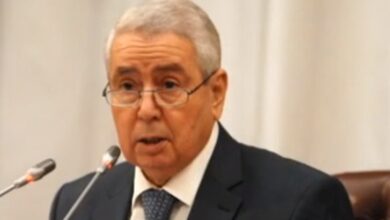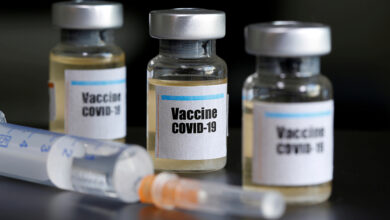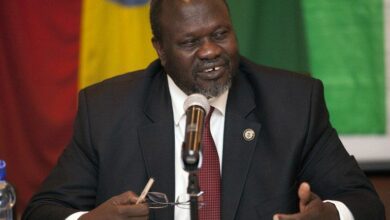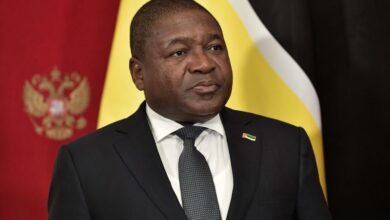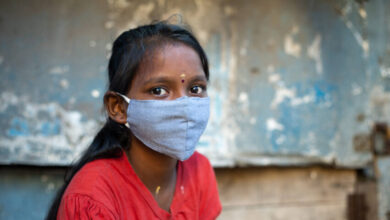Central AfricaGabonWorld
DRC Polls: US Deploys 80 Troops To Gabon Overs Fear Of Violent Protests In Congo
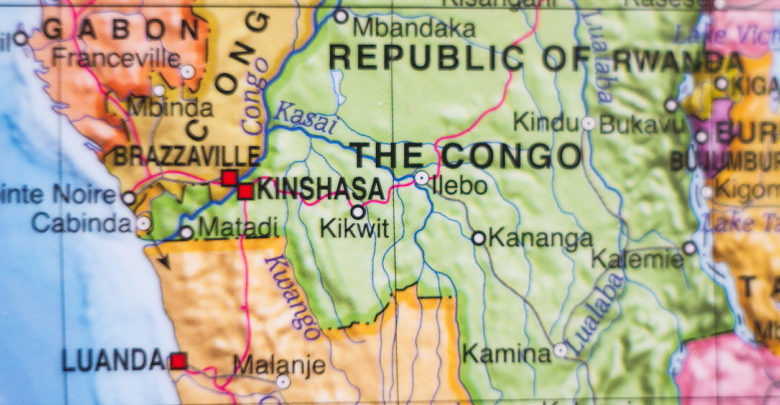
DRC’s electoral commission, on Thursday, indicated that results of the Democratic Republic of the Congo’s (DRC) long-delayed presidential election could be pushed back past Sunday’s deadline. The delay in DRC poll results might likely lead to violent protests across the nation.
Taking a cue of the situation, the United States government has deployed approximately 80 troops to Gabon to assist US citizens, personnel and diplomatic facilities in the Democratic Republic of Congo in case any chaotic or violent situation comes up.
“The first of these personnel arrived in Gabon on January 2, 2019, with appropriate combat equipment and supported by military aircraft,” President Donald Trump noted in a letter sent to Congress on Friday. “Additional forces may deploy to Gabon, the Democratic Republic of the Congo, or the Republic of the Congo, if necessary for these purposes.”
In the letter, President Trump assured that the military personnel will remain deployed in the region until the security situation in the Democratic Republic of the Congo improves and their presence is no longer needed, reported CNN.
The people of Congo finally went to the polls on Sunday, December 30, after more than two years of delays and countless protests. The election is aimed to select the successor to President Joseph Kabila, who has been in power for 18 long years. Kabila refused to step down after his two-term constitutional limit ended in 2016.
While the polls were conducted peacefully despite interference and all the security, political and organizational challenges, the credibility of the election has come under suspicion after ongoing delays in reporting the results. The government has also blocked access to internet and SMS services in the country as vote counting continues.
Notably, protests erupted in the eastern region of the country after the election commission delayed the elections in three cities, Beni and Butembo in the east and Yumbi in the west, until March, due to ongoing ISIS threats, a resurgence of the Ebola virus and ethnic violence.


